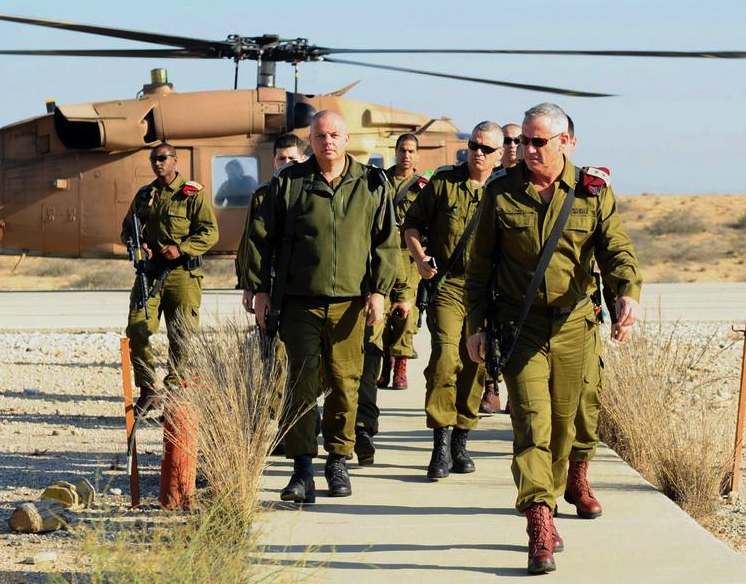The Israel Defense Force (IDF) said today that its Operation Pillar of Cloud in Gaza has been largely successful thus far, with much of the Hamas arsenal of Iranian-made Fajr-5 rockets destroyed by Israeli air strikes.
In a briefing with new media journalists and bloggers, Lt. Col. Avital Leibovich of the IDF Spokesperson’s Unit said that the impending visit of Egyptian Prime Minister Hesham Kandil tomorrow would not cause the IDF to scale back operations. “Currently we are going to continue the operation. There is no change.”
She indicated that the IDF would continue to strike terror targets in Gaza until “the political echelon” decided to stop.
Leibovich outlined progress in the operation thus far, noting that Israel had hit 220 targets, including facilities housing the Fajr-5–the type of rocket that Hamas launched toward Tel Aviv earlier today, causing no casualties. Both Hamas and the Iranian-backed Islamic Jihad terror organization use the Fajr-5.
“The Fajr-5 is an Iranian-made and manufactured missile,” Leibovich said. “It can reach approximately 60 km to the central part of Israel, to the Tel Aviv area, and we believe that we caused great damage to that arsenal.”
Leibovich reiterated that the purpose of Operation Pillar of Cloud was twofold: to defend Israeli civilians and to “cripple” Hamas terror infrastructure. Thus far, Hamas has retaliated by launching 200 rockets at Israel; many of the rockets were aimed at regional Israeli population centers, she noted.
“The Iron Dome anti-rocket batteries proved to be very efficient,” intercepting more than 100 rockets, Leibovich said, calling it “a very high percentage rate of success.”
She also emphasized Israel’s continuing delivery of humanitarian services to Gaza, including medical services. “We facilitated fourteen Palestinians from Gaza that wished to be hospitalized in Israel. This is something that happens every day, but I wish to stress it to you, because despite the rocket fire we let them in.”
Asked about plans to expand the operationr, Leibovich said a decision had not yet been made. “The government has authorized us to recruit reservists if we need to recruit them. Currently we do not need to recruit them.” A ground operation was possible, she said, but was not currently planned. The borders were on high alert, she added, but there were no indications of a wider conflict involving Hezbollah in Lebanon, for example.

COMMENTS
Please let us know if you're having issues with commenting.